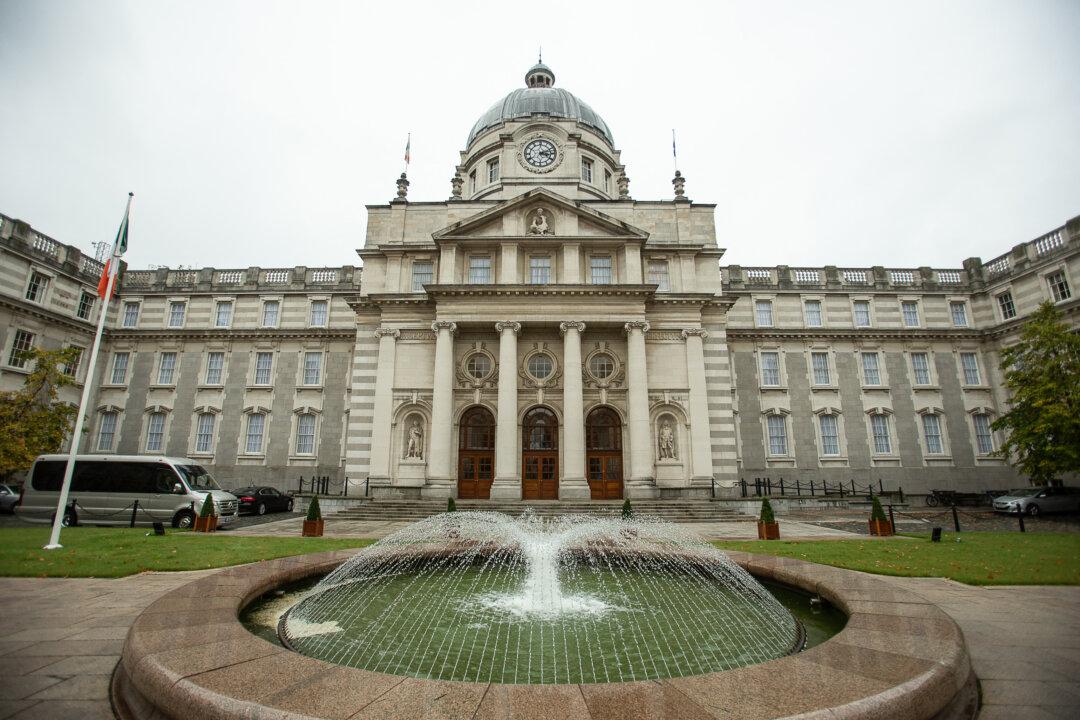An unofficial Chinese police station in Dublin has been told to shut down, the Irish government confirmed on Oct. 26.
Safeguard Defenders, a human rights NGO that uncovered the existence of the overseas Chinese police stations last month, applauded the Irish government for taking a “great first step” while urging it to investigate “the wider issue at stake.”





